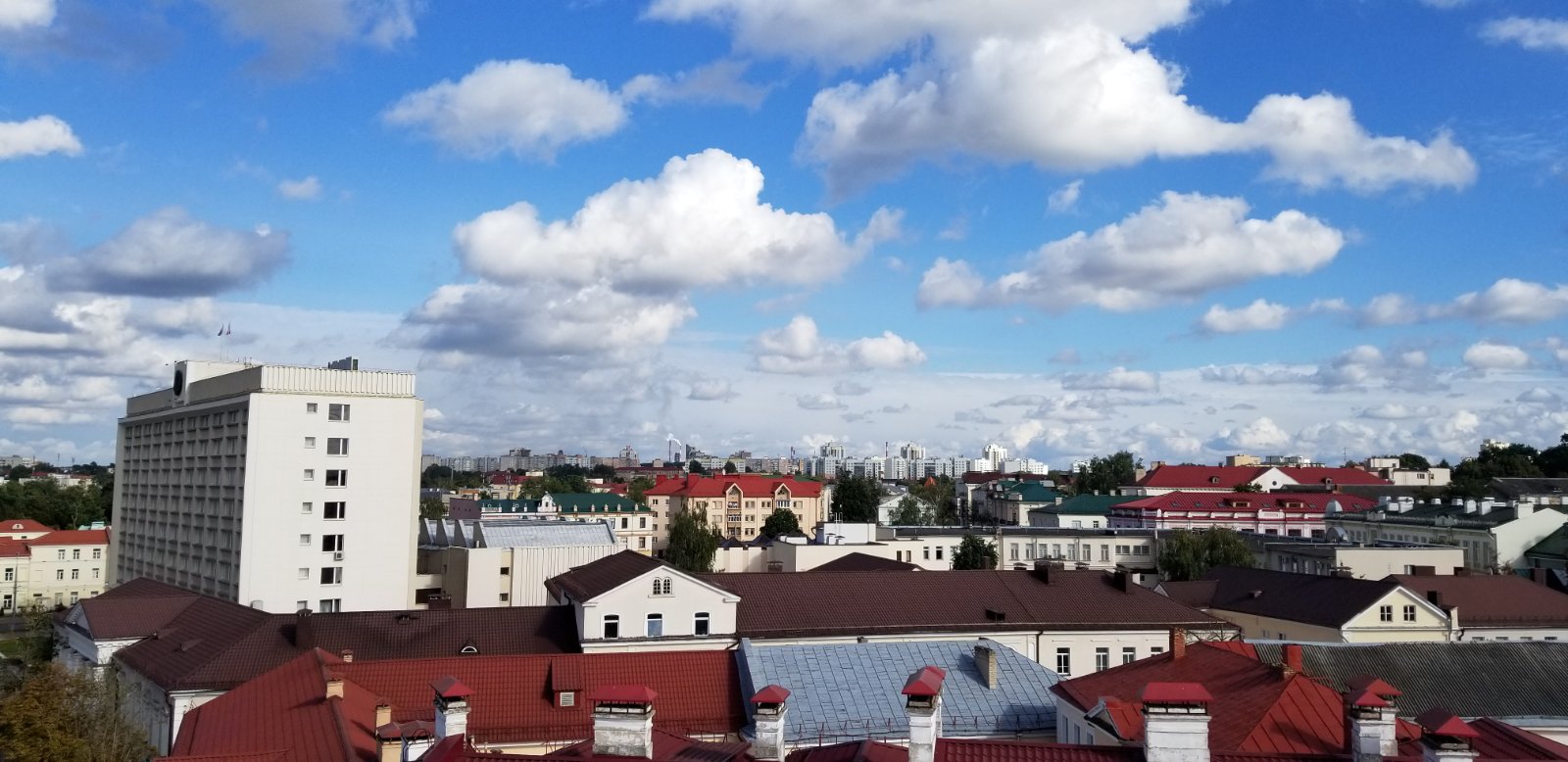Last updated: 1-7-2025
The estimated wait time to receive an interview appointment at a U.S. Embassy or Consulate can change weekly and is based on actual incoming workload and staffing. These are estimates only and do not guarantee the availability of an appointment.
Note: Embassies and Consulates may have a separate process for visa cases where the in-person interview requirement is waived. In general wait times for those cases are shorter, but they are not reflected in the table below.
Please check the individual Embassy or Consulate website to determine if your case is eligible for a waiver of the in-person interview.
Applicants scheduling visa appointments in a location different from their place of residence should check post websites for nonresident wait times.
See more here.
List is here.







 RSS Feed
RSS Feed